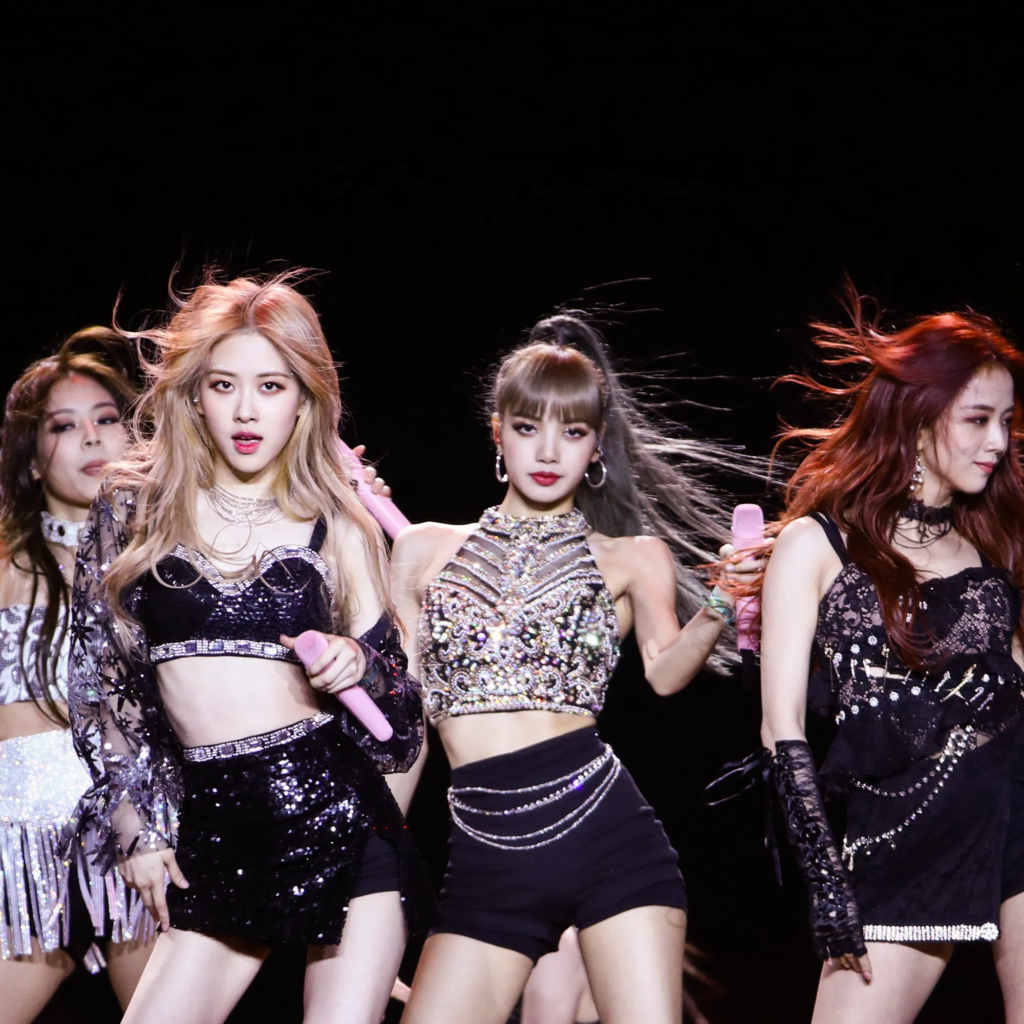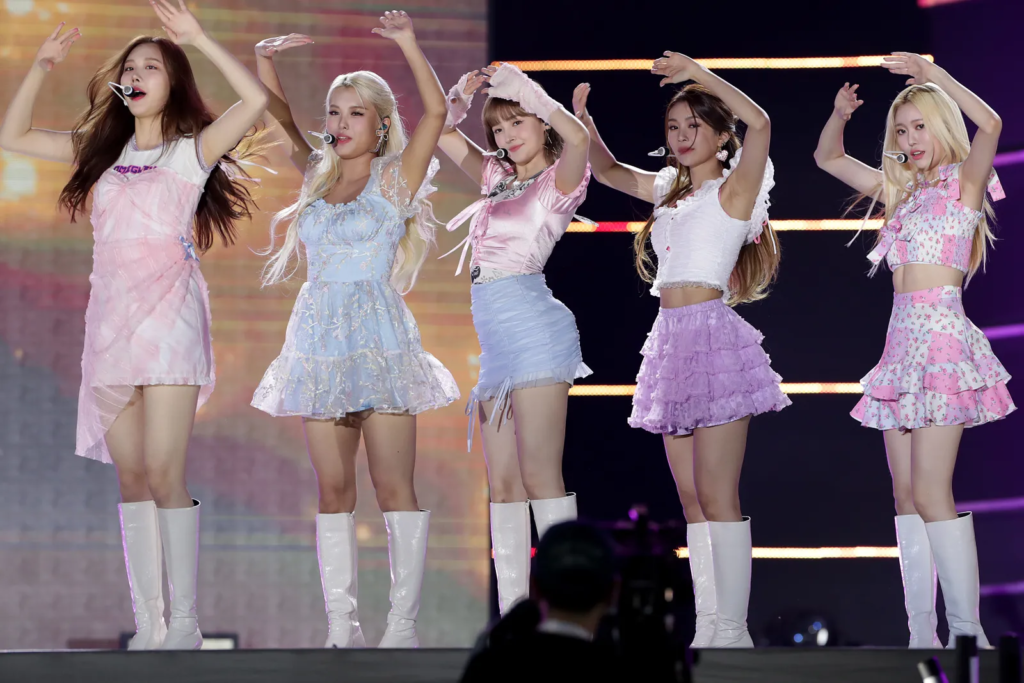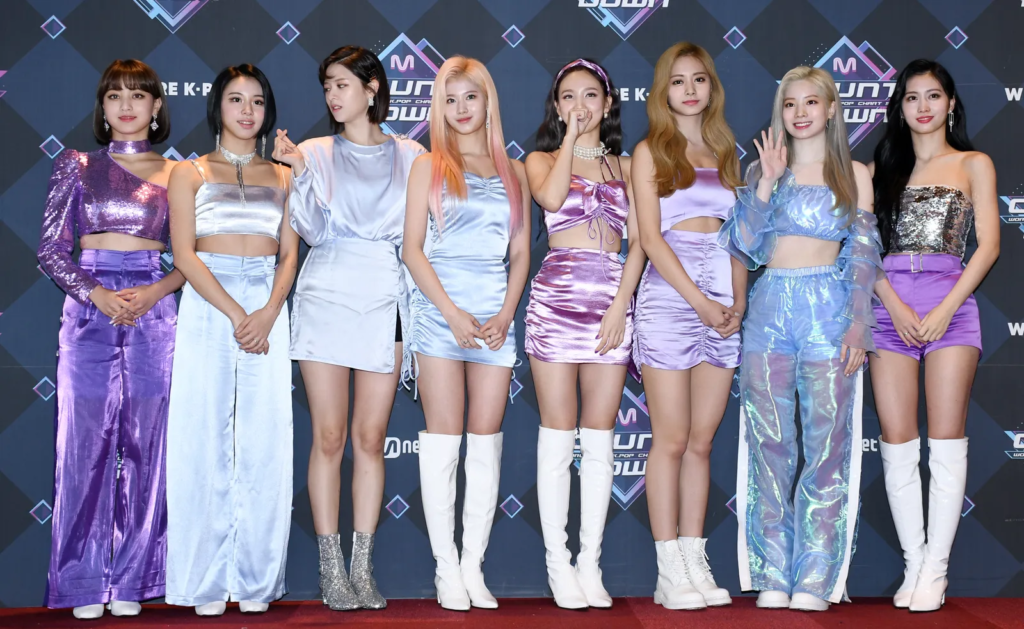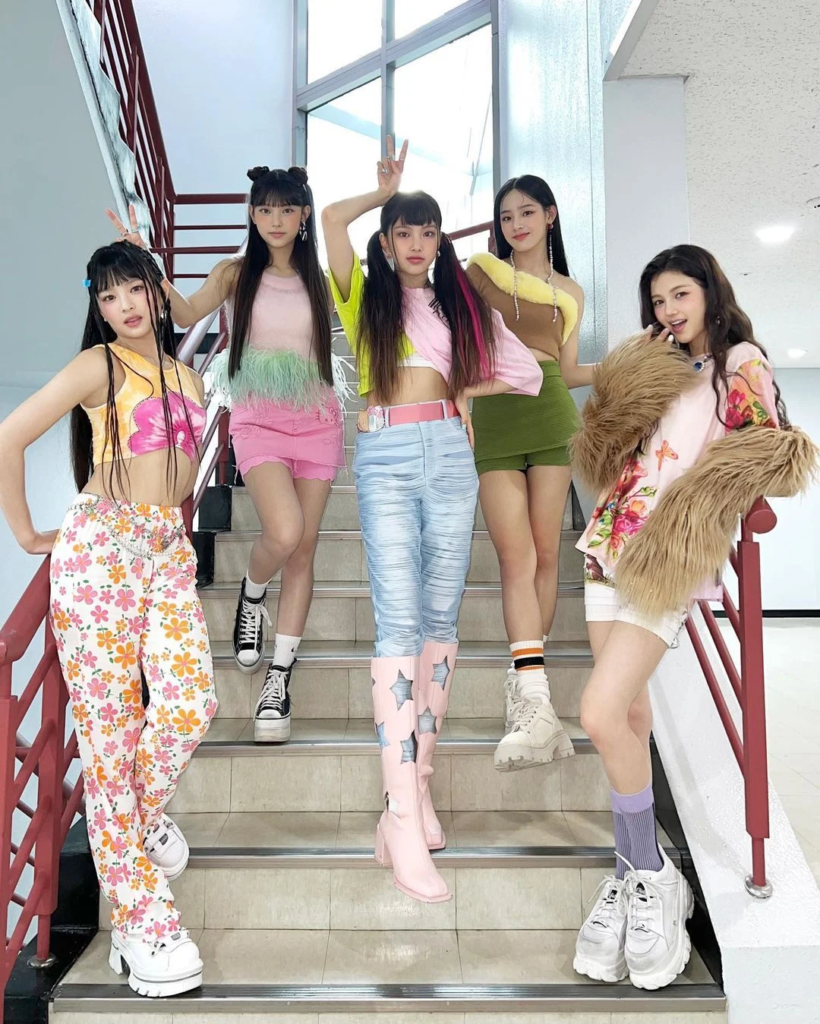
Introduction to Kpop and its global popularity
Kpop has taken the world by storm, captivating millions with its infectious beats and dazzling performances. Originating from South Korea, this vibrant music genre transcends borders and languages, uniting fans across the globe. With an eclectic blend of pop, hip-hop, R&B, and electronic elements, K-pop isn’t just about the music; it’s a cultural phenomenon influencing various aspects of everyday life. From fashion to social trends, K-pop is reshaping how people express themselves worldwide.
As artists like BTS and BLACKPINK dominate charts while setting style standards that fans eagerly follow, it’s clear that Kpop’s impact goes far beyond catchy tunes—it’s igniting a revolution in global culture. Let’s dive deeper into how this electrifying wave is transforming fashion trends and inspiring unity among diverse communities around the world.
The impact of Kpop on fashion trends
Kpop has transformed the global fashion landscape in remarkable ways. The vibrant aesthetics of Kpop idols inspire fans and designers alike. Bold colors, eclectic styles, and innovative accessories dominate the scene.
From oversized jackets to unique hairstyles, each outfit tells a story. Fans often recreate these looks, sparking trends that sweep across continents. Streetwear brands report spikes in sales linked to Kpop visuals.
Moreover, collaborations between K-pop stars and high-end fashion houses are on the rise. These partnerships elevate street style while introducing luxury elements into everyday wear.
Social media amplifies this impact further—Instagram feeds overflow with Kpop-inspired outfits that blend traditional Korean attire with modern flair. This fusion resonates globally, making it clear that Kpop is not just music; it’s a significant force in shaping contemporary fashion trends around the world.
How Kpop is shaping culture and diversity
K-pop is more than just a music genre; it’s a cultural phenomenon that celebrates diversity. Artists come from various backgrounds, showcasing a blend of styles and influences. This melting pot creates an inclusive environment where fans feel represented.
The lyrics often touch on universal themes such as love, heartbreak, and personal growth. This resonates with audiences worldwide, transcending language barriers. Fans find solace in the shared experiences portrayed in K-pop songs.
Moreover, Kpop promotes acceptance through its vibrant visuals and bold concepts. The fashion choices made by idols challenge traditional norms and encourage individuals to express themselves freely.
Cultural collaborations are also on the rise. Many groups incorporate elements from different cultures into their performances or music videos, fostering appreciation and understanding among diverse communities.
As Kpop continues to evolve, it opens doors for conversations about identity and belonging across the globe.

The fusion of traditional and modern music in Kpop
Kpop is a vibrant blend of traditional and modern music styles. Artists often incorporate elements from various genres, creating something unique and fresh.
Traditional Korean sounds, like pansori or samulnori, find their way into contemporary tracks. This fusion introduces listeners to rich cultural heritage while keeping the sound current and appealing.
Collaborations with global artists further enrich Kpop’s musical landscape. These partnerships bring in diverse influences that resonate across cultures.
The result is catchy tunes that appeal to both local fans and international audiences. Each song tells a story that connects generations through rhythm and melody.
This innovative approach allows K-pop not only to thrive but also to redefine what pop music can be worldwide. The genre continues to push boundaries, proving that tradition can coexist beautifully with modernity.
Influence on social media and online communities
Kpop’s influence on social media is undeniable. Platforms like Twitter, Instagram, and TikTok have become vibrant hubs for fans to connect. They share everything from fan art to dance covers.
The community aspect is powerful. Fans bond over their favorite groups and members, creating a sense of belonging. Hashtags trend worldwide as K-pop enthusiasts promote new releases or celebrate anniversaries.
Challenges and trends often emerge from this digital space. The “K-pop Challenge” phenomenon has encouraged countless users to showcase their skills through dance or lip-syncing.
Moreover, idols actively engage with their followers, breaking down barriers between celebrities and fans. This interaction fosters loyalty and fuels discussions around music releases or fashion choices that reflect the latest in K-pop Fashion.
Online platforms are not just about consuming content; they enable active participation in the culture surrounding K-pop. This engagement plays a crucial role in shaping global perceptions of Korean entertainment today.
Evolution of the K-pop industry and its effect on mainstream media
The K-pop industry has undergone a remarkable transformation over the past two decades. Once seen as a niche genre, it has now exploded into a global phenomenon. This evolution is largely driven by strategic marketing and social media engagement.
K-pop idols have become ambassadors of style and music, influencing mainstream trends worldwide. Major record labels are now keenly aware of the profit potential tied to this vibrant culture.
Television networks and streaming platforms scramble for exclusive content related to K-pop groups. Documentaries, reality shows, and live performances proliferate across channels, showcasing not just the music but also behind-the-scenes glimpses into idol life.
This surge in popularity pushes traditional artists to adapt their sound and style. Collaborations between Western musicians and Kpop stars are increasingly common, creating a unique blend that resonates globally. The boundaries of what defines popular music continue to shift as K-pop takes center stage.

Future predictions for the influence of Kpop on the world stage
The future of Kpop on the global stage appears incredibly bright. As it continues to break language barriers, we can expect an even broader audience embrace. More collaborations with international artists will likely emerge, blending diverse musical styles.
Social media platforms will play a crucial role in this expansion. With TikTok and Instagram leading trends, Kpop groups could harness these tools for viral marketing and fan engagement like never before.
Fashion within K-pop is set to evolve too, as designers seek inspiration from its bold aesthetics. Global fashion weeks may soon see more K-pop influence on runways.
Culturally, the genre encourages acceptance and diversity among fans worldwide. This paradigm shift fosters inclusivity through music and art while challenging societal norms.
As technology advances, virtual concerts may become commonplace—bringing fans closer to their favorite idols no matter where they are located.
Conclusion

Kpop has become a cultural phenomenon that extends far beyond music. Its influence permeates fashion, reshaping trends around the globe and inspiring countless fans to adopt Kpop-inspired styles. The colorful outfits and bold aesthetics seen on stages resonate with youth culture, encouraging self-expression and creativity.
The impact of Kpop on diversity is equally significant. It showcases a blend of various cultures, breaking down barriers and promoting inclusivity. Fans from different backgrounds come together in admiration for their favorite artists, fostering a sense of unity through shared love for this vibrant genre.
Musically, Kpop is an innovative fusion that marries traditional sounds with contemporary influences. This unique approach creates catchy tunes that are embraced worldwide, allowing diverse audiences to connect emotionally through rhythm and melody.
Social media plays a pivotal role in amplifying these influences. Platforms like TikTok and Instagram serve as creative hubs where fans share their interpretations of Kpop fashion or choreography. These online communities thrive on collaboration, driving engagement while nurturing friendships across borders.
As the Kpop industry evolves rapidly—adapting to consumer demands—it continues to leave its mark on mainstream media too. Major brands collaborate with popular groups; even Hollywood takes notice as Korean idols crossover into Western entertainment spheres.
Looking ahead, it’s clear that Kpop will maintain its stronghold over global culture. With new generations discovering this dynamic art form daily, we can anticipate fresh waves of artistic expression that challenge norms across all aspects of life—music included.
This ongoing evolution offers exciting possibilities for both current enthusiasts and newcomers alike as they navigate the intricate tapestry woven by the world of Kpop.
For more such content, keep visiting QAWire


